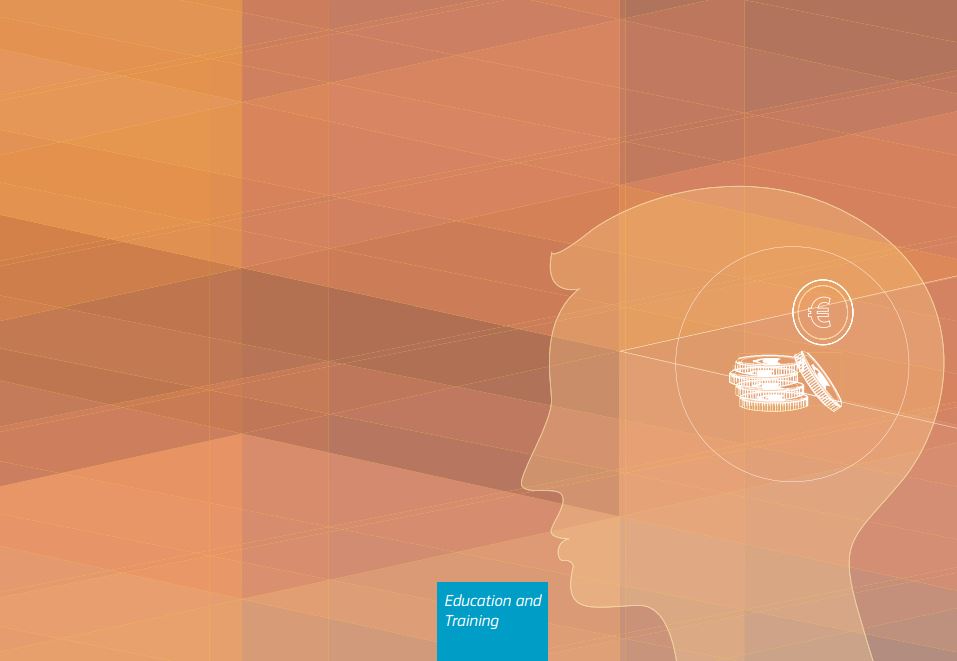EURYDICE annual report shows student fees and loans still prevalent across Europe
Published:
Eurydice has published its annual report on National Student Fee and Support Systems in European Higher Education 2017/18. The report provides statistics and a comparative overview on the funding of 42 national and regional higher education systems in Europe, looking at fees for both full time and part time students in Bachelor level and Master level cycles of higher education, as well as the financial support available for these students.
The report found that, as in previous years, only 6 countries out of 37 (Greece, Cyprus, Finland, Sweden, Norway and Scotland) continue to have a no-fees approach for all full time Bachelor students. The amount of fees students pay varies widely across Europe. In the Czech Republic, Poland, Slovenia and Slovakia students pay the lowest fees of 100 € and below. Students continue to pay the highest fees in the UK at 10, 028€.
All 42 systems analysed in the report offered some form of direct support mechanism either as loans or grants, with half of them providing indirect support through tax benefits and family allowances. Higher education systems are also tailoring funding to the socio-economic status of students. Students from lower socio-economic backgrounds may be exempted from fees in countries such as Bulgaria, Spain and Italy, whilst Belgium (Flemish community), Ireland, Spain, France and Italy have needs-based grants which also exempt students from fees. Part-time students are not able to access any form of direct support in most systems.
ETUCE notes with concern the tendency to replace student grants with loans in some countries, such as the UK, for example, where 92% of students are taking out some form of loan. As in its statement on the 30th Anniversary of the ERASMUS Exchange Programme, ETUCE reiterates again that higher education and research is a public good and should be open and accessible to everyone, regardless of the socio-economic background.
To view the full report, click here.